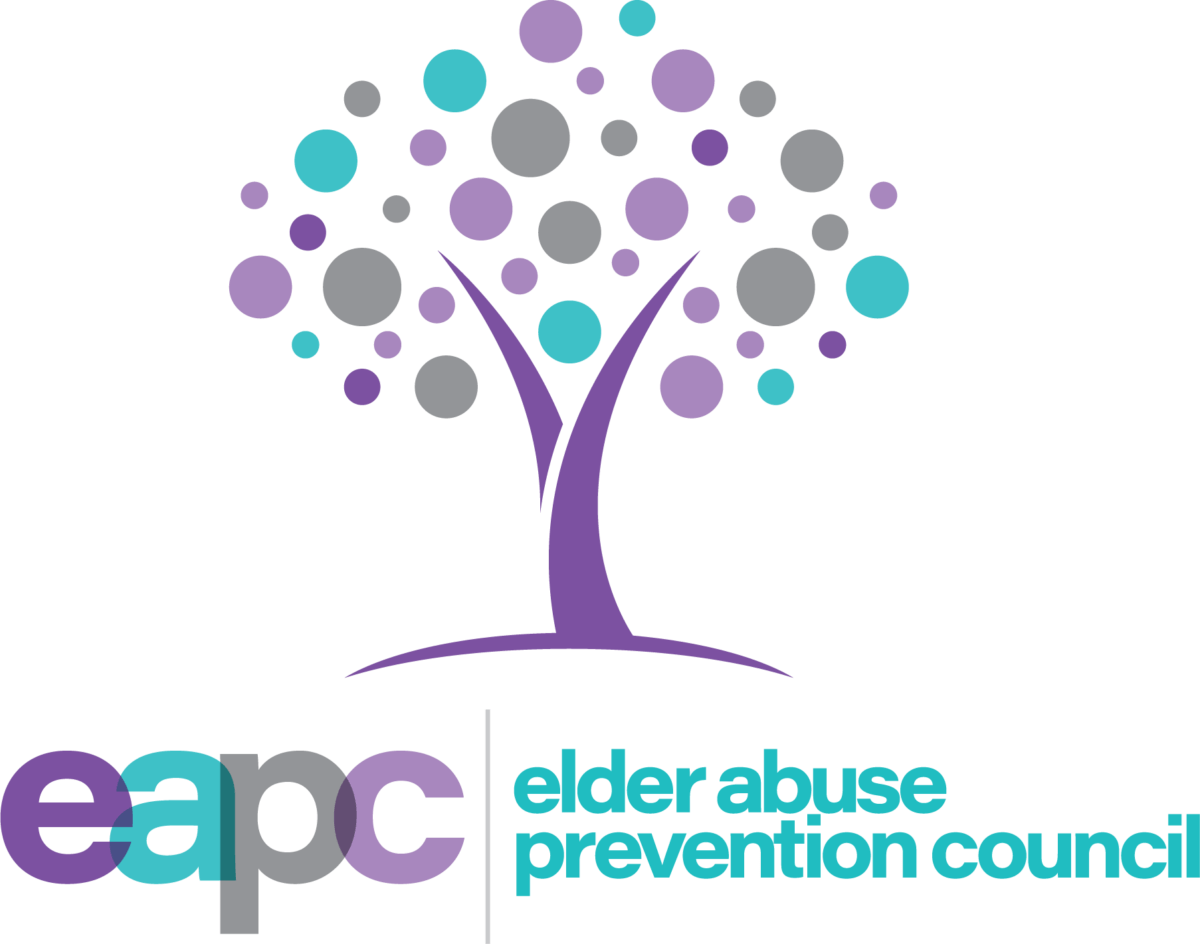If you suspect elder abuse, taking these 4 steps will help you understand the situation, support the older adult and, if necessary, intervene safely.
- Build Trust
If you suspect elder abuse, a trusting relationship is foundational to obtaining the information you need to determine how to best assist the older person. If you don’t have that relationship, take the time to build a connection. - Talk & Listen
Set aside time to talk to the senior in your life in a private setting. Providing a safe and supportive environment will allow the senior to share concerns more easily. Ask caring questions and listen to what the older adult wants. - Provide Support
Talk to the older adult about community support resources. Make sure the older person knows their rights; these include the right to confidentiality, privacy, and self-determination. Be respectful of their rights, values, cultural norms and listen how they wish to proceed. - Intervene Safely
Before taking action, ensure the older adult understands the options and is ready to act . Any intervention should be the decision of the older adult. This might include the following strategies:
- Safety. If it’s an emergency or the safety of the older adult is at risk,
- call 911
- request a Police Wellness Check
- call the Senior Safety Line
- Support. Provide support and relief by
- providing counselling services to the caregiver
- discussing self-care strategies with caregiver
- introducing home health or home support services
- Referral. Enlist the help of professionals and community support services.


Keep reading…


